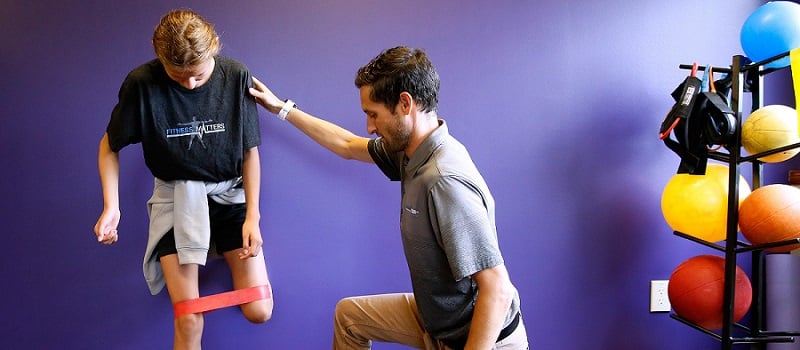
PTs and PTAs often find themselves struggling to manage the various responsibilities and obligations they have to patients, their institution or employer, colleagues, and their profession. They sometimes forget the obligations they have to themselves to protect their right to practice.
Independent or Set Adrift?
Scott was one of those PT students who knew before he started school that he wanted to work in pediatrics. Still, he was grateful for the experience that he had in both subacute and outpatient care for the five years before he decided to take the plunge and pursue his dream of working in a school setting with children.
He considered himself fortunate that the large hospital system where he worked had a pediatric rehab facility. He rotated through the unit several times, reinforcing his pediatric skills and strengthening his desire to devote himself to the pediatric population.
